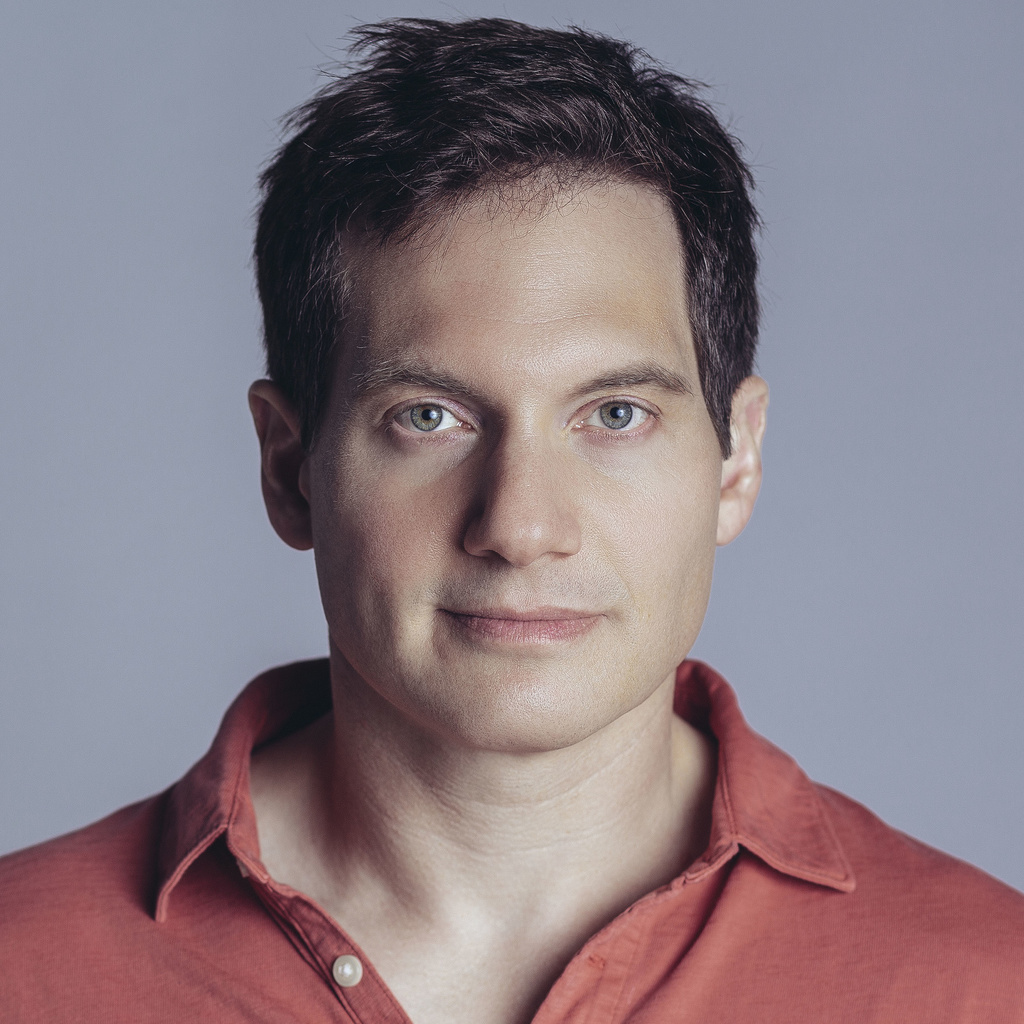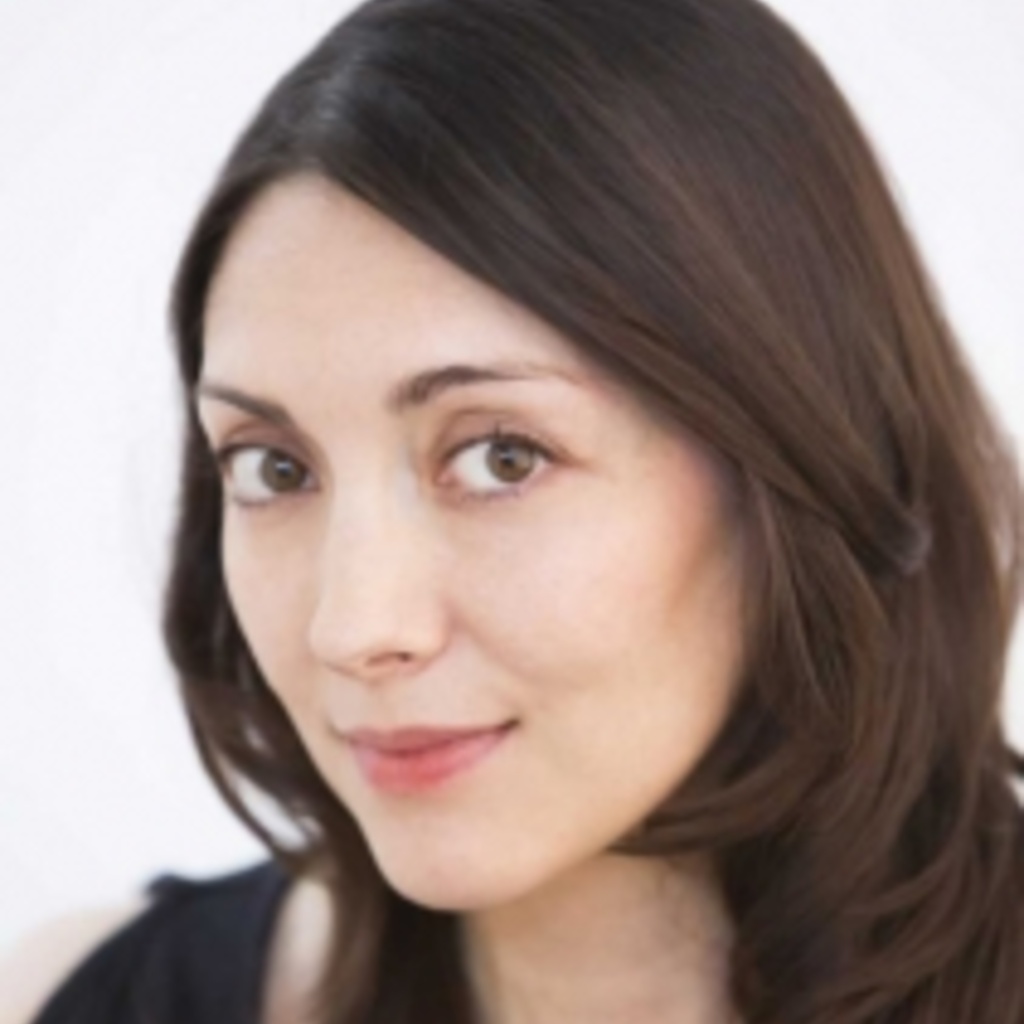Main navigation
NWP alums

Faith Adiele
Faith Adiele’s award-winning memoir Meeting Faith began in the Nonfiction Writing Program, where she learned fearless structure, craft, and the writing business.

Jon Anderson
Award-winning journalist Jon Anderson, City Watch columnist and NWP alum, found new depth in writing at Iowa.

Julene Bair
Julene Bair, author of The Ogallala Road, NEA fellow, and NWP alum, writes award-winning nonfiction rooted in place, memory, and environmental elegy.

Jo Ann Beard
Jo Ann Beard, author of Festival Days and NWP alum, blends art and essay in award-winning nonfiction shaped by Iowa’s literary spirit and mentorship.

Eula Biss
Eula Biss, author of On Immunity and Notes from No Man’s Land, is an award-winning essayist and NWP alum known for lyrical, socially engaged nonfiction.

Amy Butcher
Amy Butcher, author of Mothertrucker and Visiting Hours, is an award-winning essayist and NWP alum celebrated for innovative nonfiction and cultural commentary.

Lina Maria Ferreira Cabeza-Vanegas
Lina Ferreira, author of Don’t Come Back and NWP alum, crafts bold, multi-genre nonfiction honored by the Rona Jaffe Award and Best of the Net.

Jenny Cheng
Jenny Cheng, author of House A and NWP alum, writes transformative nonfiction honored by the Omnidawn Book Prize, Fulbright Fellowship, and multiple literary awards.

John D'Agata
John D'Agata is a professor in the Nonfiction Writing Program at the University of Iowa.

Tim Denevi
Timothy Denevi, author of Hyper and NWP alum, explores emotional vulnerability in memoirs while teaching creative writing at George Mason University.

Hope Edelman
Hope Edelman, author of Motherless Daughters and NWP alum, is a Pushcart Prize winner and teaches creative writing at Antioch College.

Jessie van Eerden
Jessie van Eerden is a novelist and essayist, author of The Long Weeping, Call It Horses, and Glorybound. She directs the MFA program at West Virginia Wesleyan.

Laurel Fantauzzo
Laurel Fantauzzo, author of The First Impulse, NWP alum, and Assistant Professor at the University of Hawai’i, explores cultural mysteries through thoughtful nonfiction.

Tom Montgomery Fate
Tom Montgomery Fate, author of Cabin Fever and NWP alum, teaches creative writing and reflects on nature, mindfulness, and revision in nonfiction.

Hali Felt
Hali Felt, author of Soundings, explores gender bias in science and the art of revision. She teaches creative writing at the University of Alabama.

T Fleischmann
T Fleischmann, author of Time is the Thing a Body Moves Through, reimagines the essay and teaches creative writing at Columbia College.

Stephanie Elizondo Griest
Stephanie Elizondo Griest, author of Mexican Enough and Around the Bloc, teaches creative writing at UNC and has won numerous prestigious awards.

Riley Hanick
Riley Hanick’s Three Kinds of Motion explores American history and identity, blending stories of Kerouac, Pollock, and highways. Award-winning nonfiction editor for New Madrid.

Kerry Howley
Kerry Howley, author of Thrown and Bottoms Up and the Devil Laughs, is a staff writer at New York Magazine and has contributed to Harper's, Slate, and more.

Jeremy Jones
Jeremy Jones, author of Bearwallow, teaches creative writing at Western Carolina University. His essays have been cited in The Best American Essays.
Pagination